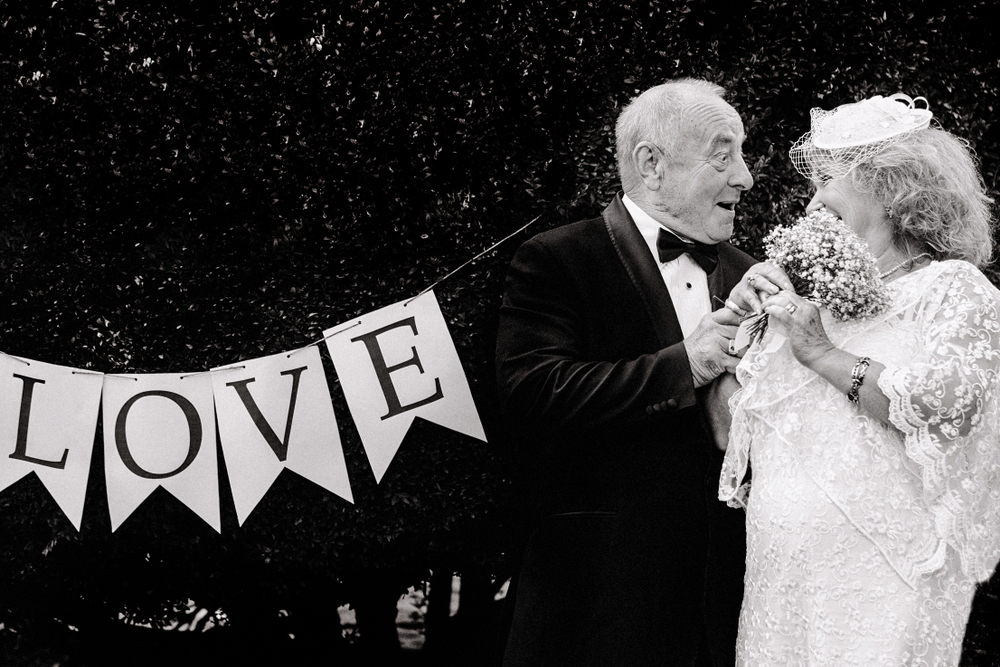
Life can be strange and unpredictable. While many people dream of sharing forever with their one true love, sometimes marriages come to an end, either through divorce or death. Some are fortunate to find another love worth committing to through matrimony, especially much later in life. In many places, Canada included, stigmas surrounding remarriage are going away. If you’re lucky enough to marry a second time and want to celebrate with loved ones, here are some details worth your consideration.
Informing Your People
With a first wedding, couples are usually enthusiastic about making announcements to loved ones, either through word of mouth or sending save-the-date notices. How you let people know about your upcoming nuptials may be different the second time around. If you have children, especially from the previous union, you should let them know first. A new marriage can be a lot to process, regardless of your children’s ages. Be sure to let other friends and family members know also. You can choose to inform an ex-spouse, but be mindful of how that might impact that relationship as well as those of your children and mutual loved ones.
Inviting Who You Want
Speaking of ex-spouses, you should know that you’re free to invite anyone to your big day. As we get older, our relationships change. Some people fall out of our lives, and we form new bonds with new people. You don’t have to invite everyone who was at the first ceremony. No two couples will be the same, so your guest list should be what you and your partner decide.
Making It Your Own
A remarriage is entirely what you and your future spouse make of it. You absolutely can have the things you may or may not have had the first time around, such as a wedding shower, a bachelor/bachelorette party, a white gown and other customs. Solemnizing a union should be a joyous occasion, even if it’s not the first time. There’s wisdom in believing that how you start a thing can set the tone. If you and your partner want to go big, do so. It’s your wedding and you’ll fly if you want to!
Bringing the Kids
Including your children and your spouse’s children in the ceremony is important. It’s a great way to involve them and reinforce the idea that you still love them even if you’ve found someone new. Consider having the kids participate in the ceremony as part of the wedding processional or by doing something special like reading a poem or a passage from a religious text or favorite book. A child giving a toast to the newlyweds at the reception is also a nice touch.
Putting Together a Gift Registry
Couples who are marrying again are welcome to create a gift registry. Remember that gifts are a way for those near and dear to celebrate you and your love. If you go this route, consider items that are best suited for you and your future spouse’s life together. Don’t feel pressured to request things like flatware if you already have a great set. Consider including items at different price ranges so others can participate without undue financial burden. Be aware that some people may not buy presents, especially if they bought ones before.
Minding Your Venue
You and your partner may want to marry according to a particular religious tradition. Some sects may forbid second marriages. It’s important to confirm with the officiant as well as a church or faith institution that remarriage is allowed. Some faiths may require you to take additional steps before you can remarry.
Getting a second chance at marital bliss is something to be celebrated. No matter the reasons for the first union’s demise, you should feel free to have a second marriage according to your and your spouse’s preferences. Make your second big day everything you want it to be with those you cherish.



